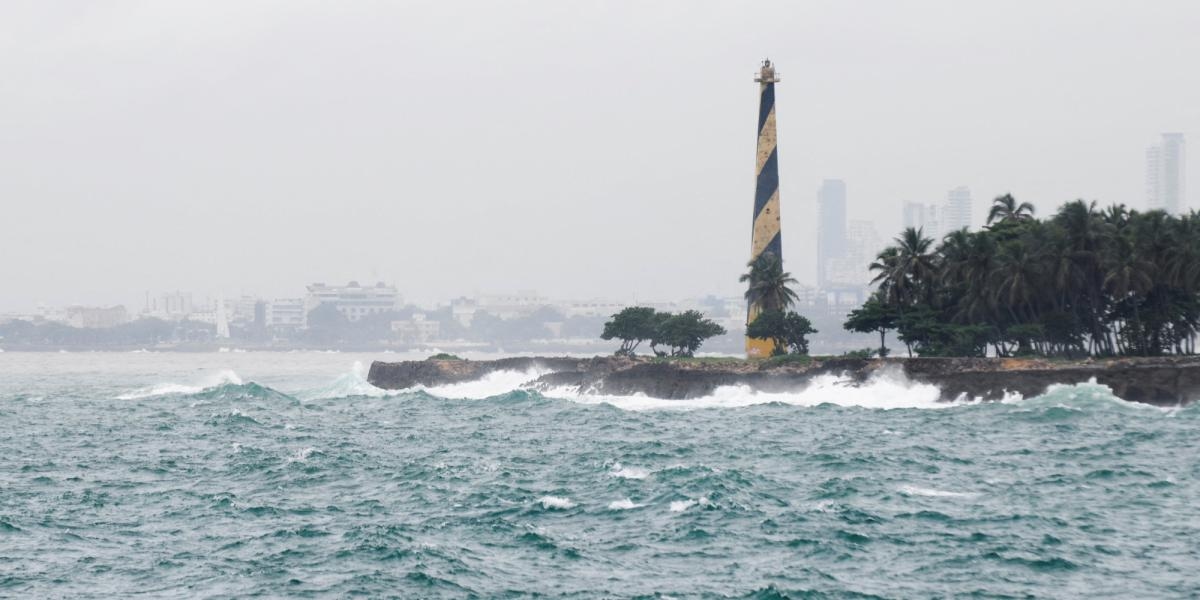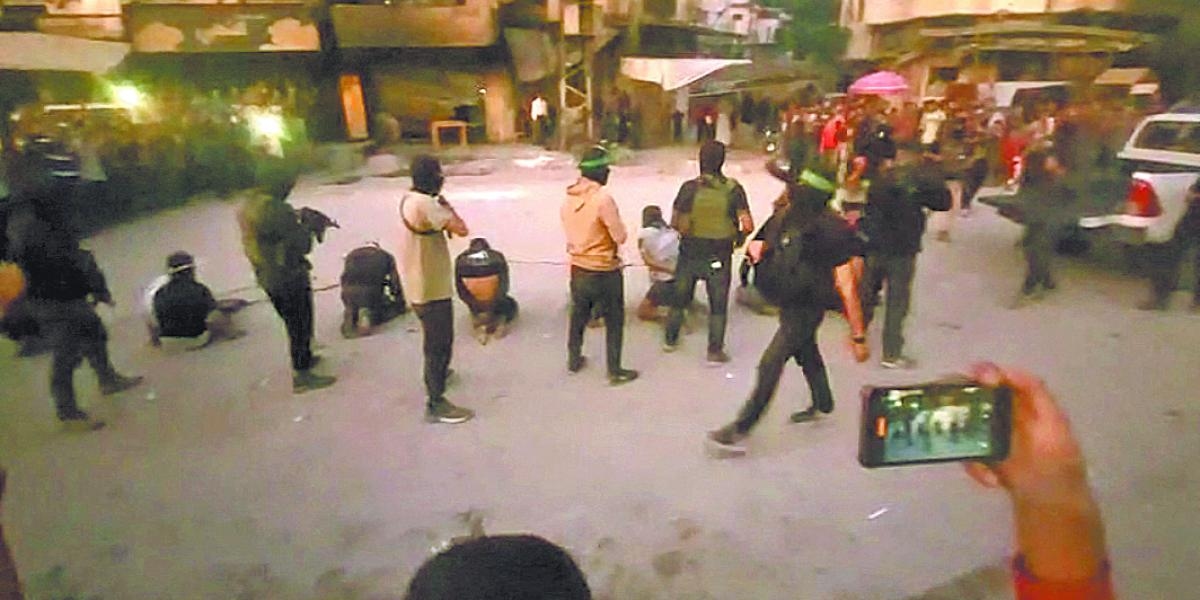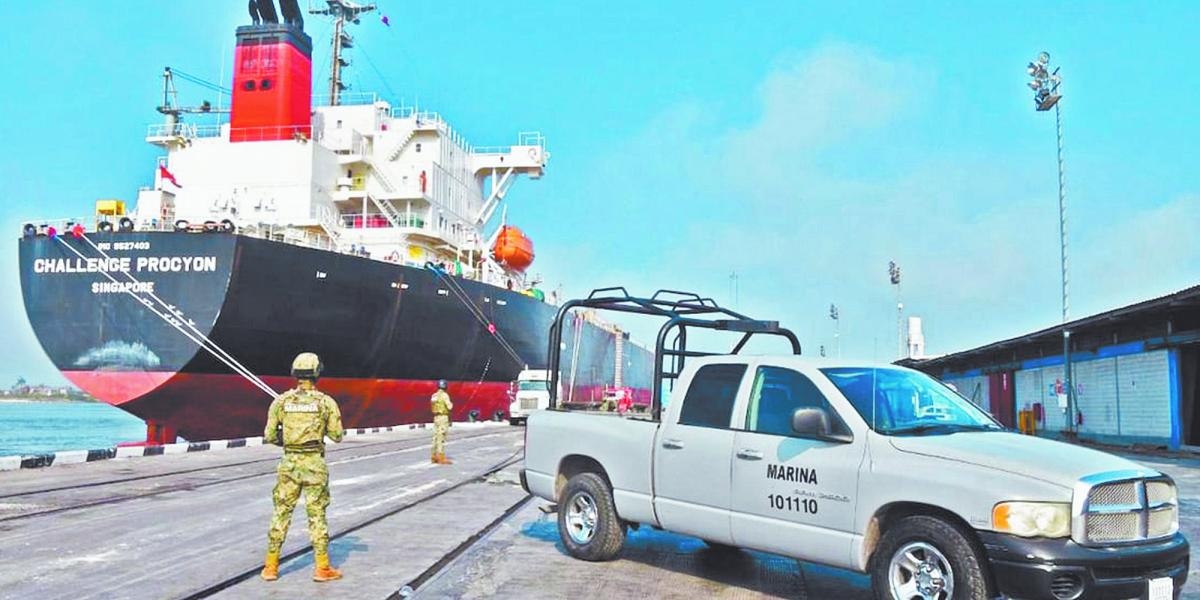More than 60 countries sign UN cybercrime treaty criticized by human rights groups

More than 60 countries signed a UN treaty against cybercrime in Vietnam on Saturday, despite opposition from a group of technology companies and human rights organizations that warn of increased state surveillance.
The new global legal framework aims to strengthen international cooperation to combat digital crimes, from child pornography to transnational cyber fraud and money laundering.
The agreement will enter into force once it is ratified by the states that signed it this Saturday.
UN Secretary-General António Guterres called the signing an "important milestone" but noted that it was "just the beginning."
"Every day, sophisticated scams destroy families, steal from migrants, and drain billions of dollars from our economy... We need a strong and connected global response," he said at the opening ceremony in Hanoi, the Vietnamese capital.
The UN Convention against Cybercrime was first proposed by Russian diplomats in 2017 and adopted by consensus last year after lengthy negotiations.
Critics say its broad language could lead to abuses of power and allow cross-border repression of government opponents.
"Throughout the treaty negotiations, there were multiple concerns raised about how it will ultimately force companies to share data," said Sabhanaz Rashid Diya, founder of the Tech Global Institute think tank.
"It's almost like approving a very problematic practice that has been used against journalists in authoritarian countries," he told AFP.
"Weak" safeguardsThe Vietnamese government said this week that 60 countries had signed up for the official signing, without revealing which ones. But the list is likely not limited to Russia, China, and their allies.
" Cybercrime is a real problem all over the world ," Diya said. "I think everyone is dealing with it."
The online scam industry, for example, has exploded in recent years in Southeast Asia, with thousands of criminals involved and victims worldwide robbed of billions.
"Even the most democratic states need some degree of access to data that they don't get through existing mechanisms," added the Tech Global Institute expert.
Democratic countries could describe the UN convention as a "compromise document" because it contains some human rights provisions, he added.
However, these safeguards were criticized as "weak" in a letter signed by more than a dozen human rights groups and other organizations.
Technology sectorBig tech companies have also expressed concern.
The Cybersecurity Technology Partnership delegation to the treaty negotiations, representing more than 160 companies including Meta, Dell, and India's Infosys, was not present in Hanoi, said its head, Nick Ashton-Hart.
Among other objections, these companies previously warned that the convention could criminalize cybersecurity researchers and "allow states to cooperate in almost any criminal act they choose."
The potential overreach of authorities poses "serious risks to corporate IT systems that billions of people rely on every day," they stated during the negotiation process.
In contrast, an existing international agreement, the Budapest Convention on Cybercrime, includes guidelines for using it in a "rights-respecting" manner, according to Ashton-Hart.
The location chosen for the signing has also raised concerns, given Vietnam's history of repression of dissent.
"Vietnamese authorities routinely use the law to censor and silence any online expression of views critical of the country's political leaders," said Deborah Brown of Human Rights Watch.
Eleconomista








